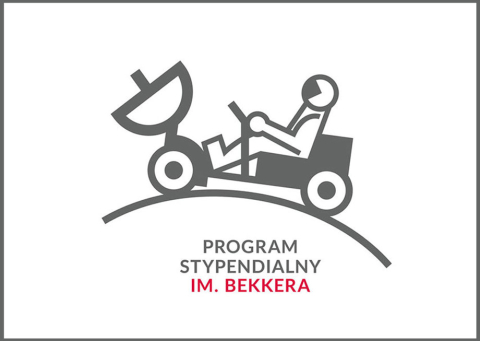NAWA's Bekker program supports researchers and academic teachers, enabling them to advance their scientific development in foreign research and academic centers around the world. Researchers apply individually, justifying why their project deserves a grant.
Dr. Shlufik's project is related to the brain connectome, which is the connections between different structures of the brain. They form the basis of its functioning and, despite many years of research, still remain incompletely elucidated. In diseases of the central nervous system, the connections of neuronal networks are modulated, which affects changes within the connectome.
- Among the diseases that significantly affect the changes in the connectome are neurodegenerative conditions such as Parkinson's syndromes (Parkinson's disease), dementia syndromes (Alzheimer's disease), and other movement disorders in which brain function has not been fully clarified (spontaneous tremor, dystonia) - explains Dr. Szlufik. He adds: - Surgical treatments such as deep brain stimulation or ablative methods can also affect the connections between its various structures.
The goal of the project is, therefore, to develop a system that will support neurosurgeons in planning the target of stereotactic treatments using artificial intelligence algorithms, in order to achieve the best possible clinical condition of the patient after the treatment.
The project will be carried out at the prestigious functional neurosurgery center in the Division of Neurosurgery, Toronto Western Hospital and Krembil Research Institute. It is a center for pioneering work on the implementation of state-of-the-art deep brain stimulation (DBS) technologies in the treatment of neurogenerative disorders and movement disorders as well as the implementation of Magnetic Resonance-guided focused Ultrasound Surgery (MRgFUS) treatment technologies in spontaneous tremor, Parkinson's disease and dystonia.
